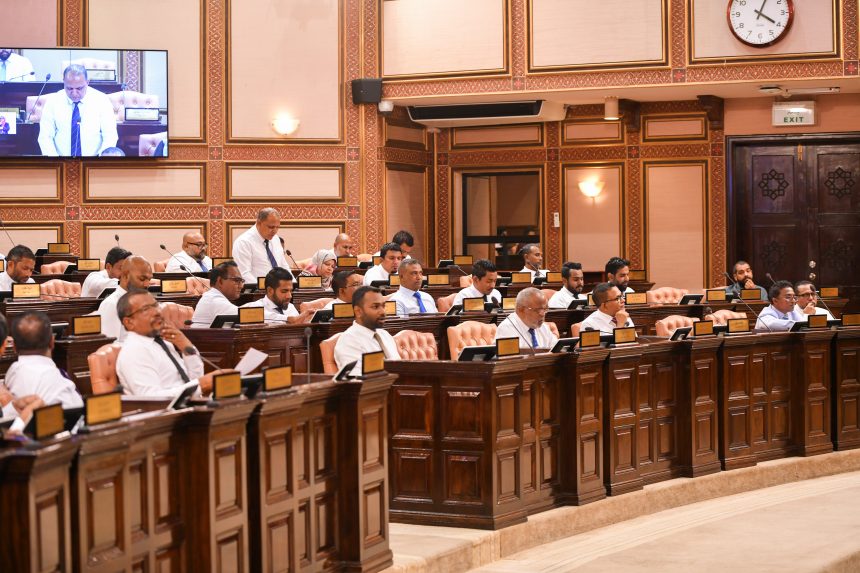In a decisive move, the People’s Majlis has approved an amendment to the Courts Act, reducing the number of Supreme Court justices from seven to five. This significant change, passed with 68 votes in favor, aims to streamline the judiciary and enhance its efficiency.
The amendment, introduced by Holhudhoo constituency member Abdul Sattar Mohamed, was presented in a personal capacity. Due to technical issues with the electronic voting system, Speaker Abdul Raheem Abdulla conducted a roll call vote to ensure transparency and accuracy.
Proponents of the amendment argue that this restructuring aligns with the aspirations of Maldivians for improved governance, as reflected in previous Special Majlis debates. The adjustment seeks to revert the Supreme Court’s composition to its earlier structure, deemed more suitable for the nation’s judicial needs.
Under the new provisions, the Judicial Service Commission (JSC) is empowered to recommend the removal of justices deemed unqualified. Such recommendations require a two-thirds majority approval from the Majlis members present and voting. The JSC is mandated to submit the names of justices proposed for removal within five days of the law’s enactment, and the Majlis must reach a decision within seven days of receiving these names. These timeframes include holidays, emphasizing the urgency of the process.
Currently, the Supreme Court bench comprises Chief Justice Ahmed Muthasim Adnan, Justice Dr. Azmiralda Zahir, Justice Aisha Shujoon Mohamed, Justice Mahaz Ali Zahir, Justice Husnu Al Suood, Justice Ali Rasheed Hussain, and Justice Dr. Mohamed Ibrahim.
Historically, the composition of the Supreme Court has undergone several changes. Initially, under the 2008 Constitution, the bench consisted of five justices. In 2010, this number was increased to seven. Subsequently, in 2014, during former President Abdulla Yameen’s tenure, the bench was reduced back to five justices. This decision was reversed in 2019 under President Ibrahim Mohamed Solih, restoring the number to seven.
The recent amendment has sparked discussions, especially in the context of an ongoing Supreme Court case challenging a constitutional amendment related to anti-defection provisions. Critics suggest that the reduction in the number of justices may influence the outcome of this case, raising concerns about judicial independence and the separation of powers.
As the nation observes these developments, the focus remains on ensuring that the judiciary operates efficiently while upholding the principles of justice and fairness that are foundational to the Maldivian legal system.




